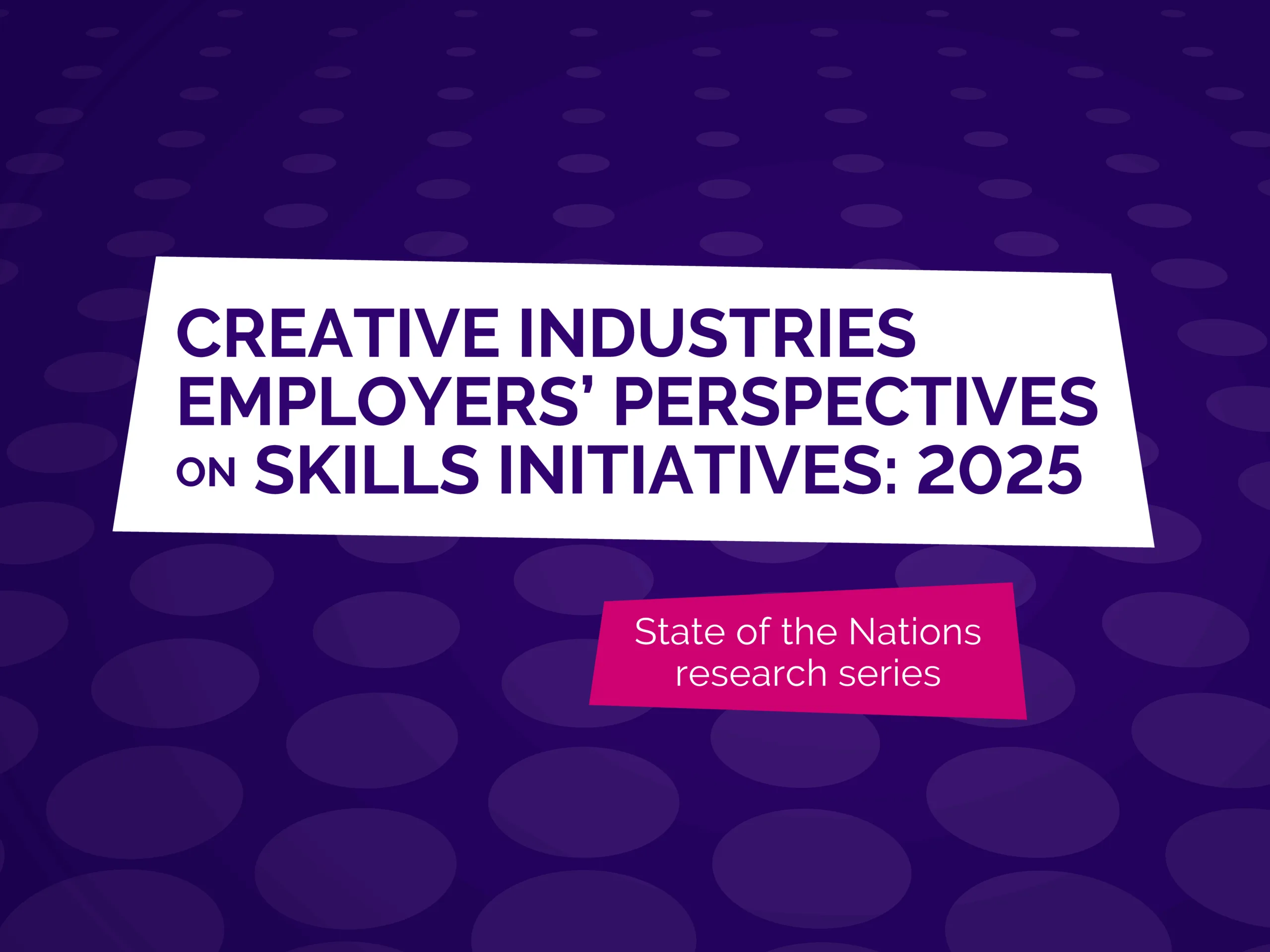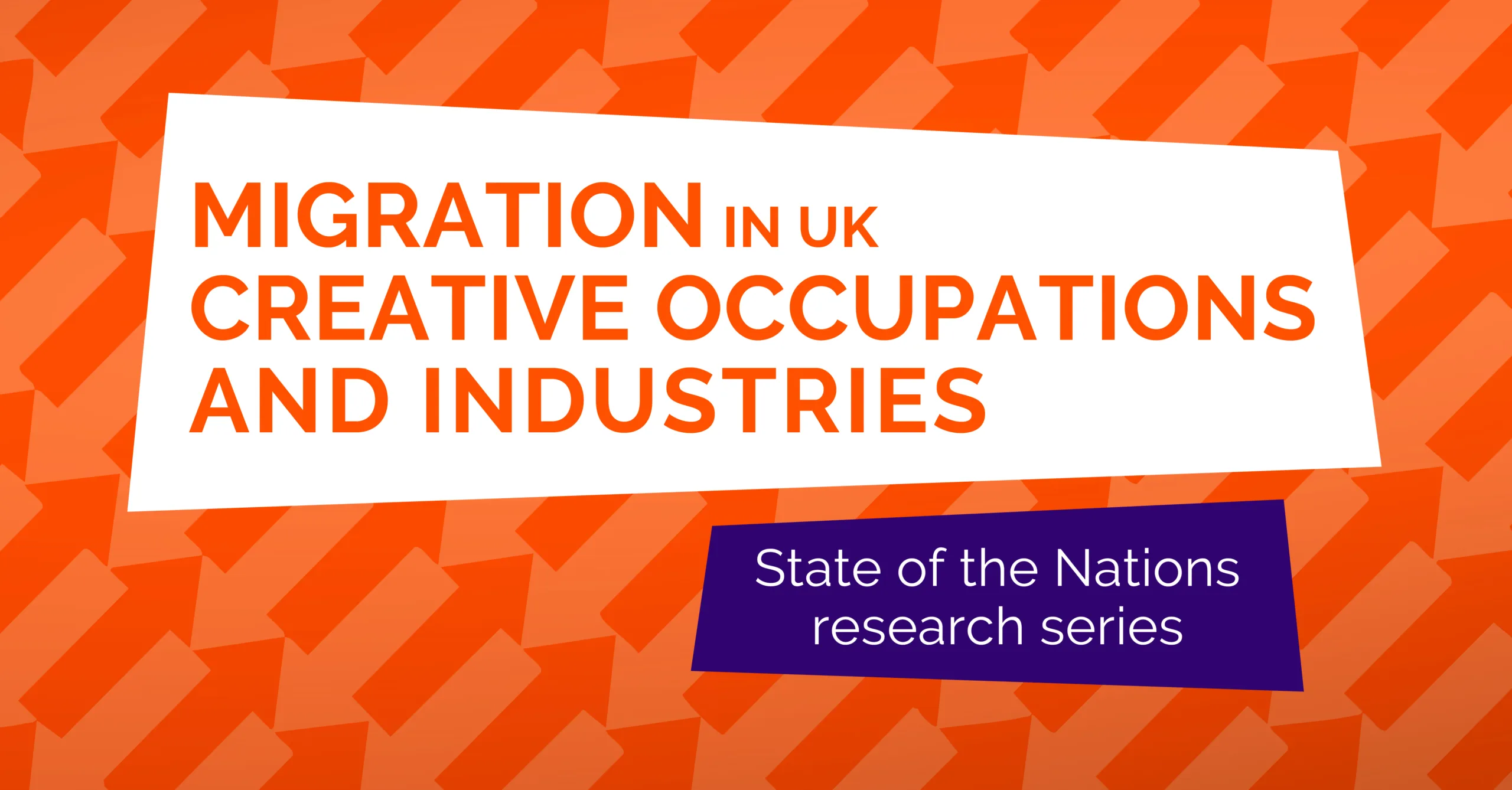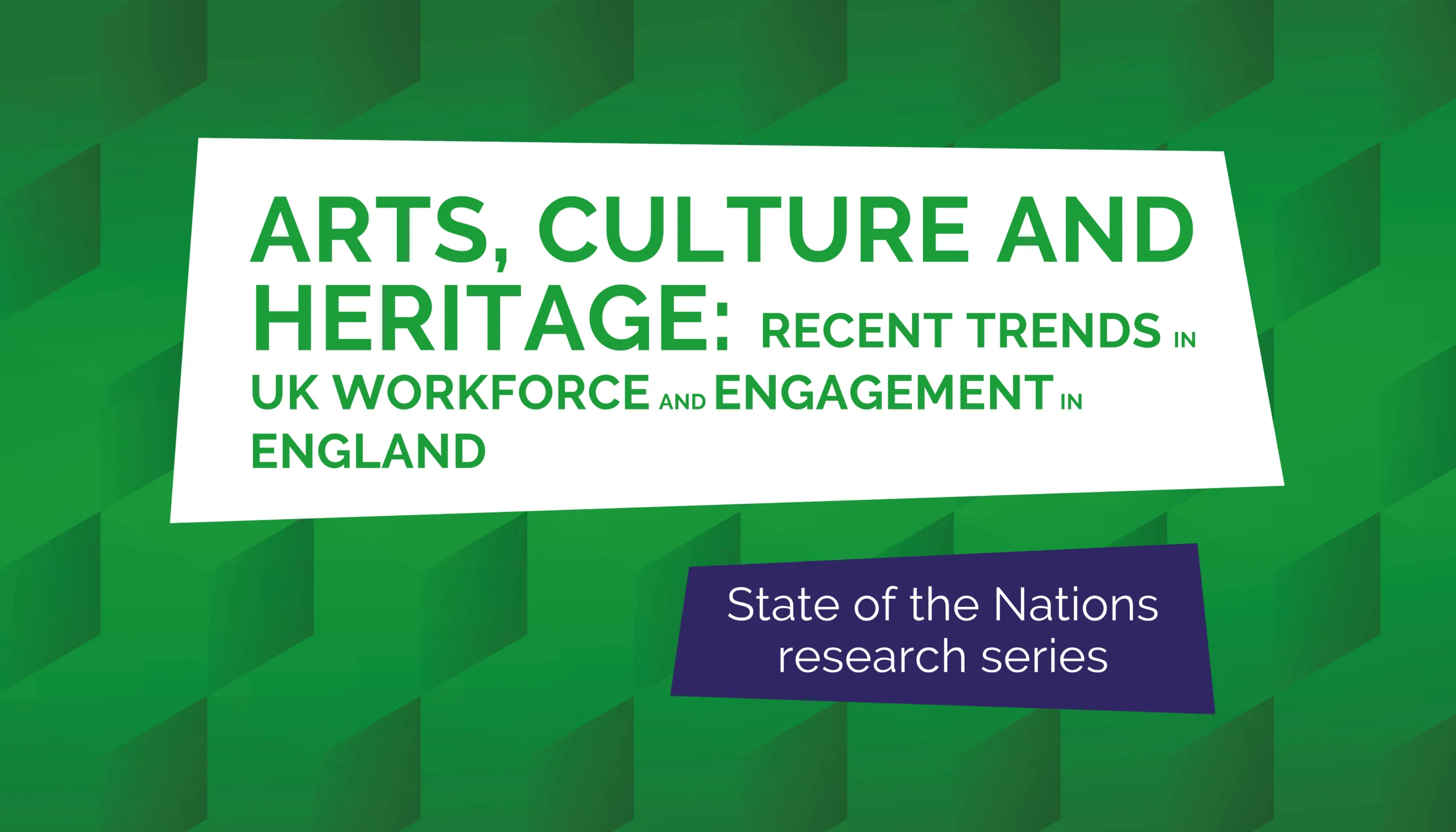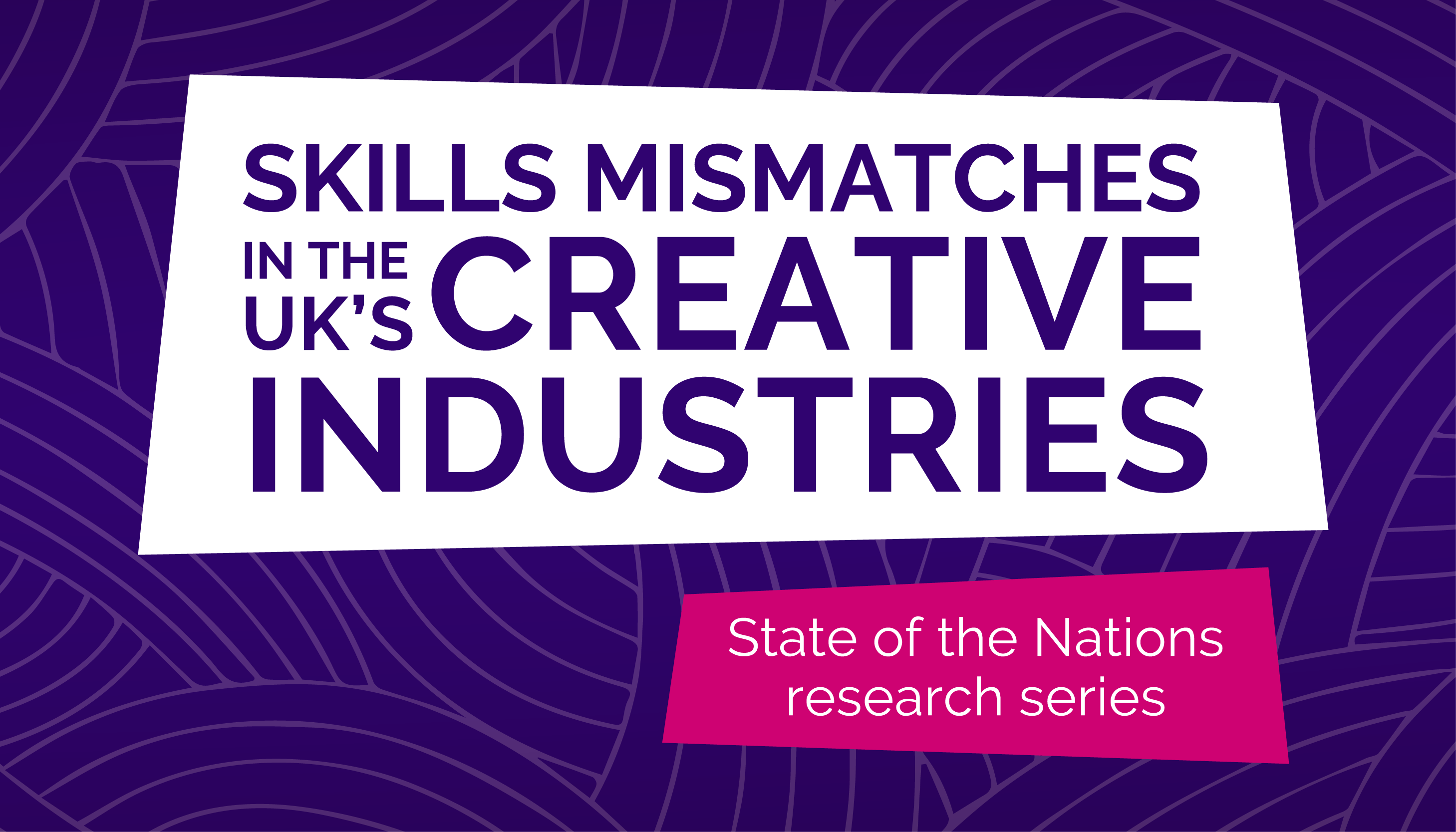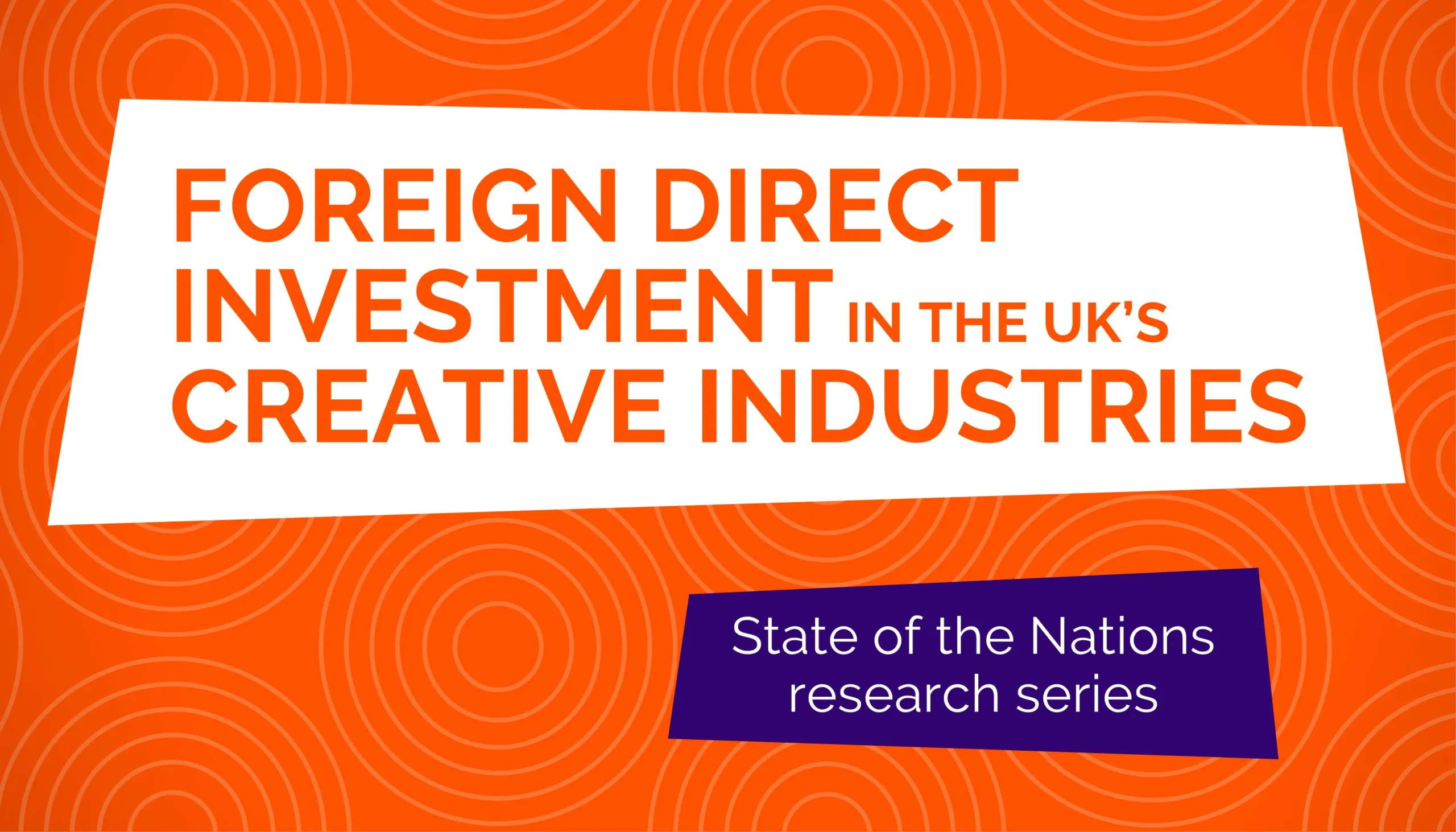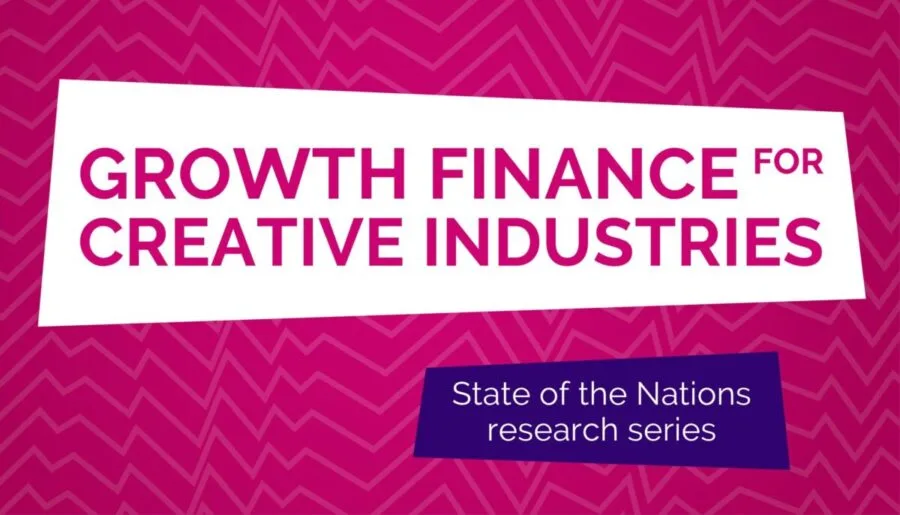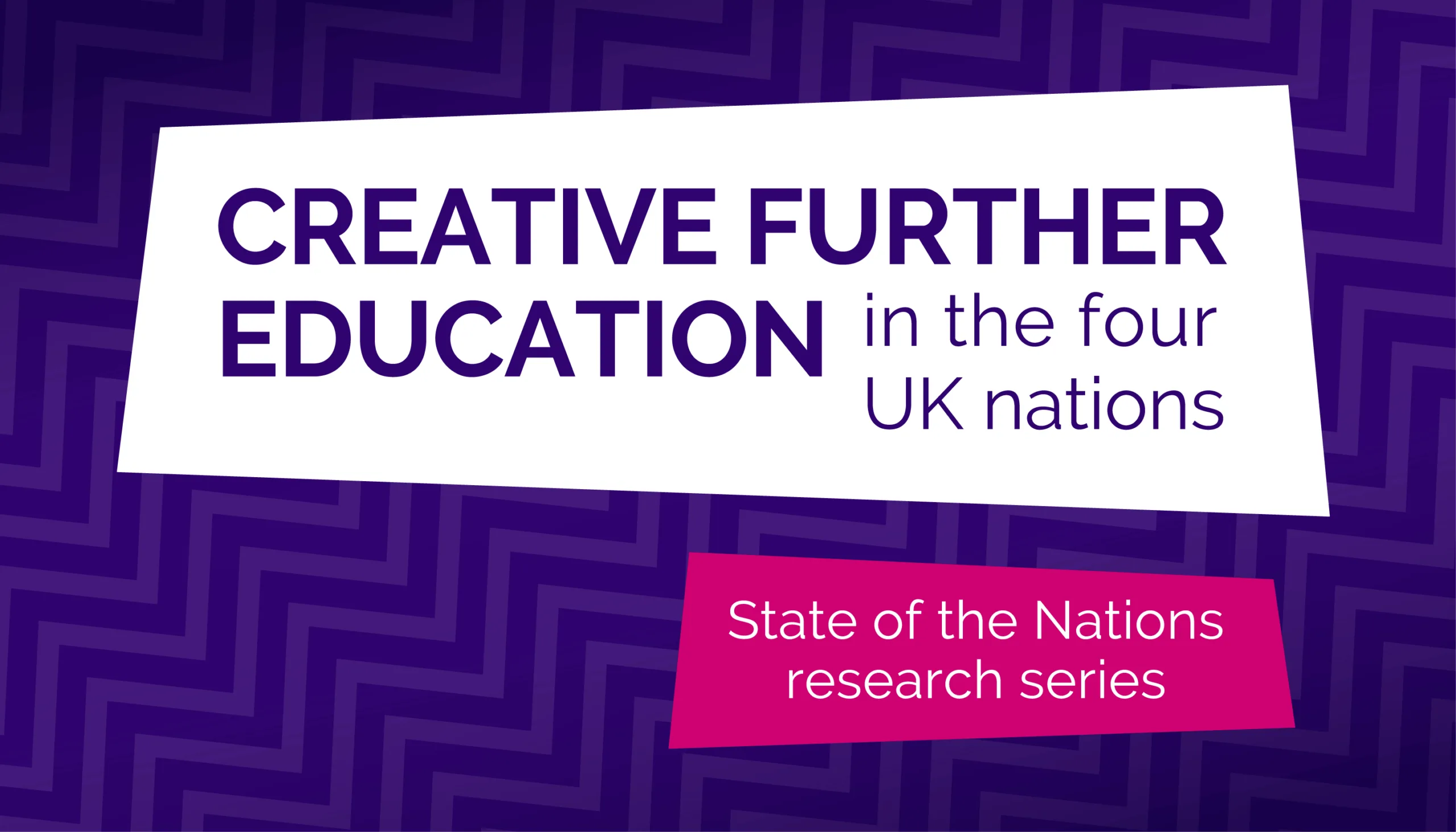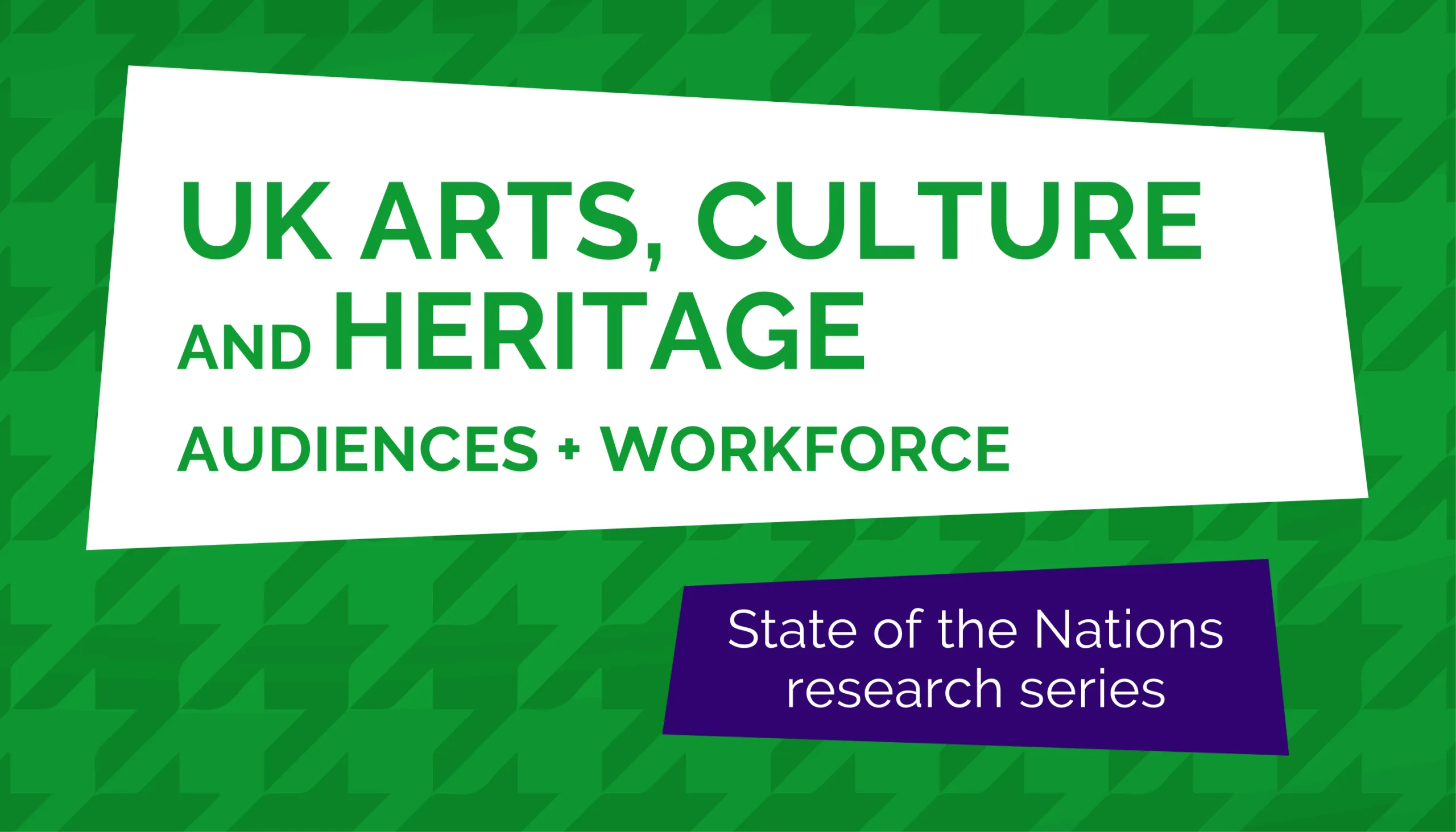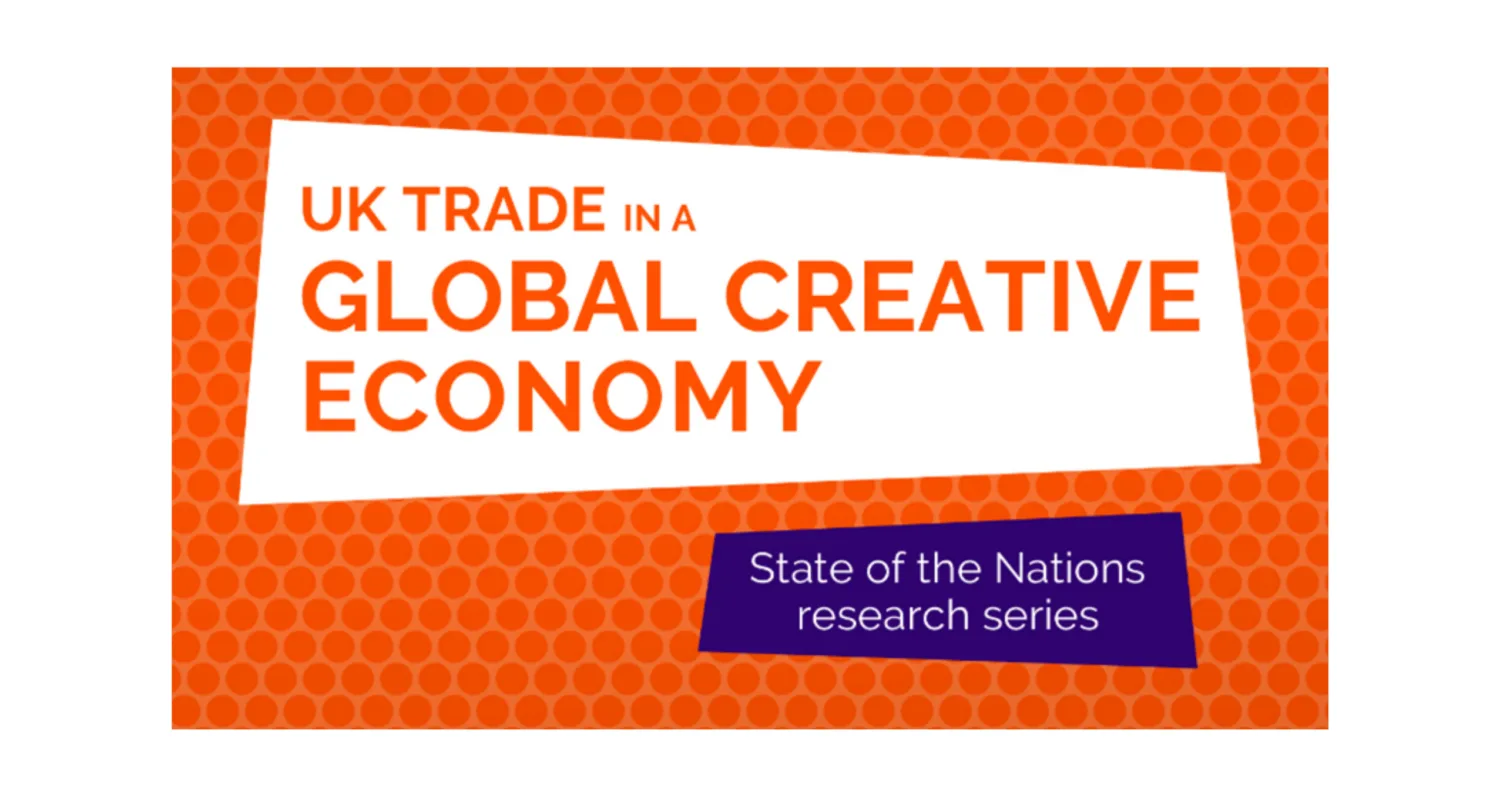New Policy Briefing, Research and Industry Insight from the PEC
The government has rightly placed boosting R&D at the heart of its growth strategy for the UK and for levelling up its regions and nations. However, evidence published today by the AHRC-funded Creative Industries Policy and Evidence (PEC) shows a disconnect when it comes to R&D policy in the creative sector. With a new Sector Vision for the Creative Industries in the Pipeline, the PEC is this week leading a spotlight campaign on R&D with a new policy briefing, research and industry insight.
Austria, Denmark, France, Germany, Korea and Norway, all recognise that successful innovation is built on R&D in multiple fields, not just those in science and technology, and this is reflected in their tax relief policies. However, there is an anomaly in UK policy towards the creative industries. The HMRC dismisses the role of arts, humanities and social sciences in its definition of R&D expenditure eligible for tax relief.
It represents a huge loss in opportunity to incentivise innovation in emerging new markets such as: virtual, augmented and mixed-reality experiences, with wide-ranging applications beyond the creative industries into sectors like education and health; architecture practices that are designing the green homes of the future, and British fashion designers trialing eco-production methods to reduce the carbon footprint of the textiles industry – one of the world’s biggest polluters.
Today, the Creative Industries Policy & Evidence Centre is publishing new research and industry insight from innovation experts, as part of a week-long spotlight on R&D in the creative industries. It suggests there is an urgent need to support innovation in this growing sector, which contributes £115.9 billion to the UK economy (pre-pandemic figure). With a new Sector Vision expected before the summer, R&D should be at the heart of government thinking.
Hasan Bakhshi MBE, Director, AHRC-funded Creative Industries Policy and Evidence Centre, says:
“As the UK’s fastest growing sector the creative industries should be front of mind when the UK commits to increasing R&D investment towards 2.4% of GDP. From the UK’s multi-billion pound video games studios thrilling the public with their creativity to architects devising the green homes of the future and experience designers using virtual reality to improve the experience of patients, investing in R&D in the creative industries will sustain their place in pole position as well as enabling us all to reimagine how we live, work and play in the future.”
Sarah Ellis, Director of Digital Development, Royal Shakespeare Company, says:
“The UK government has the opportunity to innovate out of the pandemic and harness one of the UK’s competitive strengths to deliver a new age of ingenuity, that supports sustainable growth in the industries that will dominate the future”.
PEC research points to the need for:
- An R&D tax relief that works better for the Creative Industries, and in particular use of an R&D definition which doesn’t disadvantage the UK sector, as other nations already have in place
- Creative Industries to receive a share of UKRI R&D funding (Innovate UK funding) commensurate with their size and growth
- R&D to be a core part of the new sector vision for the Creative Industries
New PEC research published today points to market failures in R&D in the creative industries – just as is the case in sectors like manufacturing – and that without intervention the markets will not provide sufficient funding for creative innovation.
This week we will share important lessons from UK Research and Innovation’s £95m investment in R&D via the Audience of the Future and Creative Industries Clusters Challenge (now matched by more than £200m of co-investment), together with £5m funding injected into creative business innovation by Innovate UK’s response to global disruption fund. We suggest that the lessons must be learnt in the design of both large and small-denomination R&D grants.
With a new Sector Vision for the Creative Industries expected before the summer, the government has an opportunity to spearhead a drive for innovation, make its mark on the UK’s fastest growing sector and play a critical role in supporting the cultural and social wellbeing of the nation.
/ENDS
Hasan Bakhsi, Director of the Creative Industries Policy and Evidence Centre (PEC), Eliza Easton, Head of Policy Unit at the PEC and Sarah Ellis Director of Digital Development, Royal Shakespeare Company are available for interview
Press contact: Alice Kent alice.kent@nesta.org.uk 07779029055 and Anna Zabow, 07713 619077 / anna.zabow@nesta.org.uk
Notes to Editors
1. The new policy briefing, research and industry insight will be live from 00.01 on 14 February 2022 UK time at: https://pec.ac.uk/news/r-and-d
2. About the Creative Industries Policy and Evidence Centre (PEC)
The Creative Industries Policy and Evidence Centre (PEC) works to support the growth of the UK’s Creative Industries through the production of independent and authoritative evidence and policy advice. Led by Nesta and funded by the Arts and Humanities Research Council as part of the UK Government’s Industrial Strategy, the Centre comprises of a consortium of universities from across the UK (Birmingham; Cardiff; Edinburgh; Glasgow; LSE; Manchester; Newcastle; Sussex; Ulster and Work Advance). The PEC works with a diverse range of industry partners including the Creative Industries Federation. To find out more, visit www.pec.ac.uk and @CreativePEC
3. The Creative Industries Policy and Evidence Centre (PEC) is part of the Creative Industries Clusters Programme, which is funded by the Industrial Strategy Challenge Fund and delivered by the Arts and Humanities Research Council on behalf of UK Research and Innovation.
Related News and Press
Education and skills reforms essential for Government to achieve new Creative Industries ambitions, says new research
Embargoed: 11am Tuesday 8 July 2025 The creative industries are identified as a key sector for the U…
Highly skilled, international talent helps fuel UK creative industries growth, finds new report
Embargoed 9am (UK time) Tuesday 10 June 2025 As the dust settles on the UK government’s Immigration …
Increasing inequality in arts and culture revealed by new research
Embargoed 00.01 Wednesday 7 May 2025 A new report from the Creative Industries Policy and Evidence C…
New Government-backed survey will provide unprecedent insight on what drives growth in the creative industries
In further indication of the increasing importance the Government is putting on the creative industr…
UK Government’s growth ambitions threatened by widening creative industries skills gap
Embargoed 00.01 GMT Wednesday 12 February 2025 The rapid growth of the UK’s creative industries has …
Invest at scale in place-based approaches to unleash potential of ‘Foreign Direct Investment’ in UK’s creative industries says new research
Embargoed 00.01 Wednesday 20 November 2024 GMT With the UK Government’s forthcoming industrial strat…
With the right financial support creative industries could fuel the Government’s growth mission and help tackle persistent regional inequality
A new report published today by the AHRC-funded Creative Industries Policy and Evidence Centre (Crea…
Access to Finance: launch of new research project
New research is being undertaken by Creative UK in partnership with the Creative Industries Policy a…
New research points to a looming creative economy skills shortage across the UK
New report shows ‘severe’ decline in creative further education participation Embargoed 17 July 00.0…
Press Release: New research, including – once in a decade data – provides comprehensive overview of audiences and workforce across arts, culture and heritage.
Embargoed 00.01 Wednesday 15 May 2024 (BST) For the first time, census data has been used to provide…
Press Release: UK’s creative industries are an export success story
New report shows creative strength despite Brexit and Covid Embargoed 00.01 Wednesday 20 March 2024,…
Introducing the Creative PEC’s Research Fellows Network
By Professor Hasan Bakhshi, Director Creative PEC and Professor Giorgio Fazio, Director of Research …

